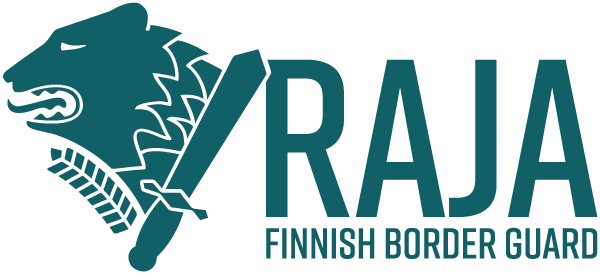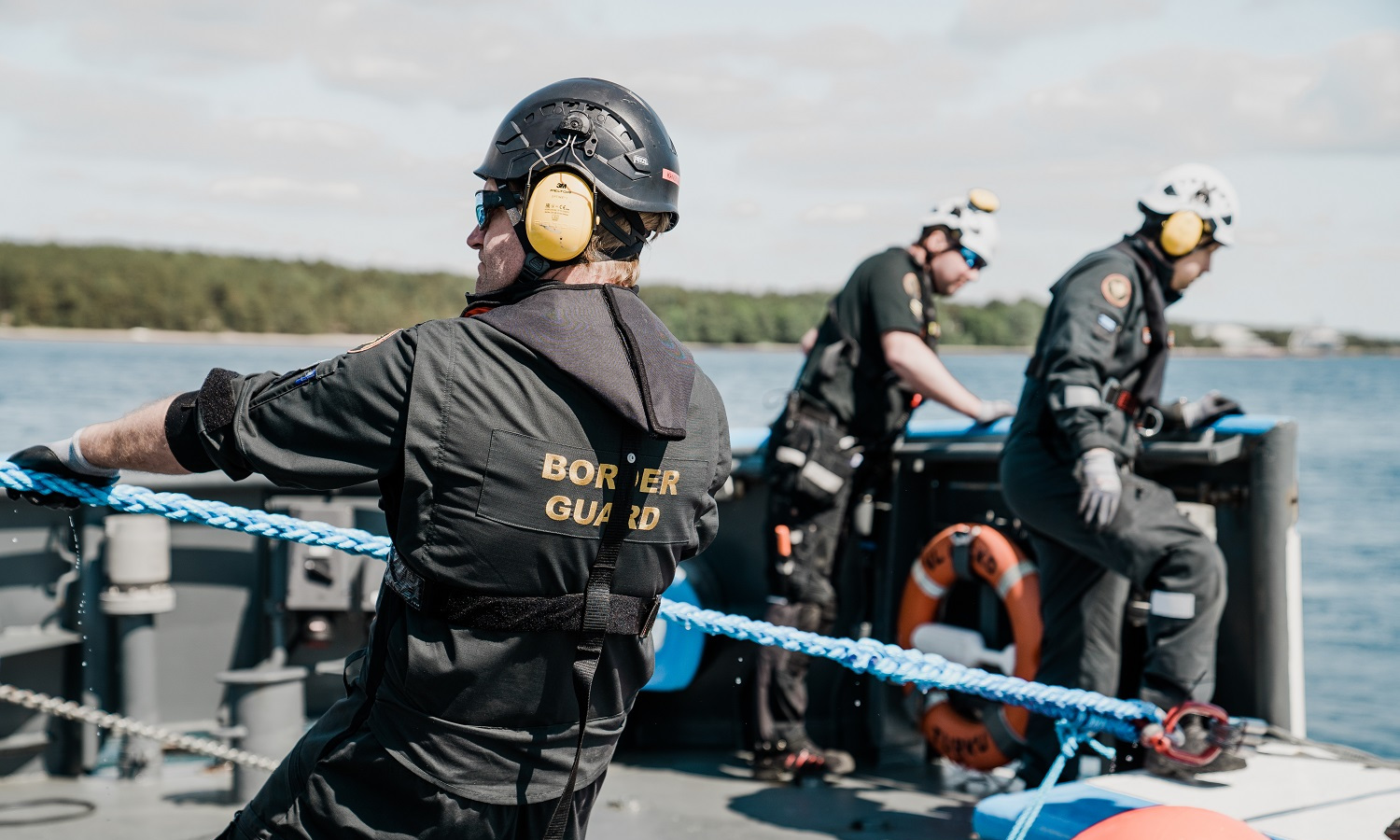The marine pollution responses is an activity in which the spread of oil or chemical that has leaded into the sea is restricted, and the oil or chemical is recovered. Environmental damage may be caused by fuel spilled from a ship or boat, as a result of running aground, for instance. However, the greatest damage is caused by accidents involving tankers carrying oil.
Such oil and chemical accidents involving vessels can have serious consequences for coastal nature and industries. The most serious ones are long-term adverse effects on the ecosystem. The Baltic Sea is exceptionally vulnerable. The sea area is narrow, so oil and chemical spills in the waters rapidly drift to the shore. That is why pollution response measures must be started without delay. Minimizing environmental damage at sea is the most efficient and affordable option. If the shore is soiled by an oil discharge, for example, the resulting damage and costs will increase several times.
Video: Protecting the Baltic Sea – marine pollution response exercise Balex Delta 2021 (youtube.com)
The marine pollution response is based on cost-effective multi-purpose vessels. The Finnish Border Guard’s patrol vessels are such multi-purpose ships. The vessels have their own daily tasks, and they are also capable of rapid oil spill response. They are permanently equipped with the necessary oil spill response equipment.
Finland’s current response preparedness to oil and chemical damage from vessels is good, but not sufficient. We are aiming for a situation in which, together with neighbouring countries, we can respond to major oil damage of 30,000 tonnes in the Gulf of Finland and in the Northern Baltic Sea area, and 5,000 tonnes in the Archipelago Sea and in the Gulf of Bothnia. The figures are based on the size of tankers operating in these marine areas.
Efficient marine pollution response measures require good preparedness for leadership. Duties for marine pollution response under the Border Guard’s responsibility are managed by the Command Centres of the Gulf of Finland Coast Guard District and the West Finland Coast Guard District. Maritime SAR missions are managed from the same centres also.
In addition to the actual marine pollution response measures, we also ensure implementation of a broader national response capability. This means that we are putting in practice and further developing response preparedness to meet the specific conditions, risks and changes in maritime transport in the Baltic Sea. We fulfil Finland’s international obligations. In addition to preparing for accidents, we also work on a daily basis to prevent environmental damage.
Several different actors participate in the marine pollution response. The number of authorities involved in such prevention measures varies depending on the location and extent of the accident.
The Ministry of the Interior is responsible for the general guidance, monitoring and development of the prevention of oil and chemical spills at sea. In practice, the Finnish Border Guard ensures that adequate response preparedness for oil and chemical spills from ships is obtained and maintained and provides vocational further and supplementary training in the field.
If an environmental accident occurs in the open sea in the Finnish exclusive economic zone or territorial waters, the Border Guard is responsible for leading marine pollution response measures. If an accident takes place closer to the shore or originates from a structure on the shore, the rescue department is in charge. The boundary of management responsibility is agreed in detail in the joint plans of the Coast Guard Districts and regional rescue departments.
The Finnish Border Guard is responsible for marine pollution response in the open sea area of Åland. The Government of Åland, on the other hand, is responsible for marine pollution response in the archipelago area and on the shore. In practice, the boundary of the area of responsibility is trading area II, outside of which the Finnish Border Guard is responsible for the marine pollution response. The arrangement is, in practice, compatible with the responsibilities on the Finnish mainland.
Other actors involved in the marine pollution response include the Finnish Defence Forces, the Finnish Environment Institute, the Finnish Transport and Communications Agency Traficom, Metsähallitus, ELY Centres, and private businesses with which the Finnish Border Guard has signed a service agreement. Voluntary actors also play an important role. Marine pollution response of an extensive oil or chemical spill from a vessel also requires international cooperation. Such cooperation is agreed on by international agreements.
An area affected by environmental damage may require long-term restoration measures. This post-prevention is led by municipalities. An ELY Centre guides and coordinates post-prevention work if the actions extend to several municipalities.

